While going through my Facebook timeline, I noticed a post by one of South Africa’s prominent young writers, Mzilikazi ka Azania, and along the post was a link channelling to an article listing the most shoplifted books in South Africa and Jacana Media’s Hot Read Campaign that people must buy these books instead of stealing them.
I then imagined how most aspiring writers like myself could’ve felt at the point of reading this article. All I could take from what crossed my mind were a lot of questions.
Once I am done writing my book, will I be happy to have my title on such a list? Does this mean the primary purpose of sharing the voices in my head will be on demand? On the other hand, will I be happy with people reading my book when my bills aren’t paid?
Are South Africans finally reading? Digest those stats, enthusiasts! We are finally ‘falling’ off the most isolated countries’ list. While I was still cheerful after this realisation, a few more things crossed my mind. Do we (South Africans) want this culture of stealing, even if it has a good moral purpose, to characterise how our society is set up? It is no secret that a non-reading society is fully exposed to ignorance and illiteracy; curbing this cannot be done by stealing. What is the use of an informed society with no principles?
Principle is one thing we cannot afford to lose as a nation. Paying homage to our transition to a new South Africa 21 years ago, principles are what we taught other nations about how we went about that transition.
Does one have a reason to write a book? A principled South African society needs to be literate, and to achieve that, selling prices must be affordable.
The working class in South Africa, faced with the economic categories of other developing countries, falls a fraction above the poverty line. How do we go about setting a selling price or medium that everyone will be able to afford? And the answer to all the questions I was faced with is eBooks. With the ongoing government rollout of free WiFi, subsidising free eBook online services might bring more purpose to the free WiFi than accessing social media.
my title on such a list? Does this mean the primary purpose of sharing the voices in my head will be on demand? On the other hand will I be happy with people reading my book, when my bills aren’t paid for?
Once I am done writing my book, will I be happy to have my title on such a list? Does this mean the primary purpose of sharing the voices in my head will be on demand? On the other hand will I be happy with people reading my book, when my bills aren’t paid for?
Are South Africans finally reading? Digest that stats enthusiasts! We are finally ‘falling’ off the most illerate countries’ list. While I was still cheerful from this realization, a few more things crossed my mind. Do we (South Africans) want this culture of stealing even if it has a good moral purpose, to characterize on how our society is set up? It is no secret a non-reading society is fully exposed to ignorance and illiteracy; curbing this cannot be done by stealing. What is the use of an informed society with no principles?
Principle is one thing we cannot afford to lose as a nation. Paying homage to our transition to a new South Africa 21 years ago, principles is what we taught other nations on how we went about that transition.
Does one have a reason to write a book? A principled South African society needs to be literate and to achieve that, selling prices must be affordable.
The working class in South Africa faced with economical categories of other developing countries falls under a fraction above poor (poverty stricken). How do we go about a selling price or medium, which everyone will be able to afford? And the answer to all the questions I was faced with is eBooks. With the on going government rollout of free WiFi, subsiding free eBook online services might bring purpose to the free WiFi than accessing social media.
